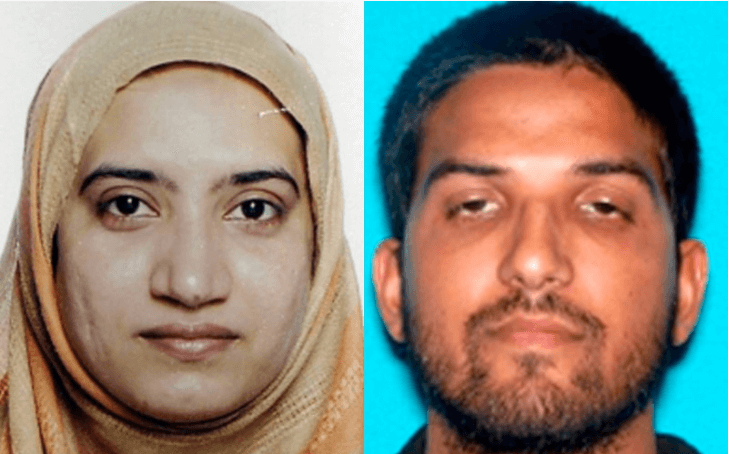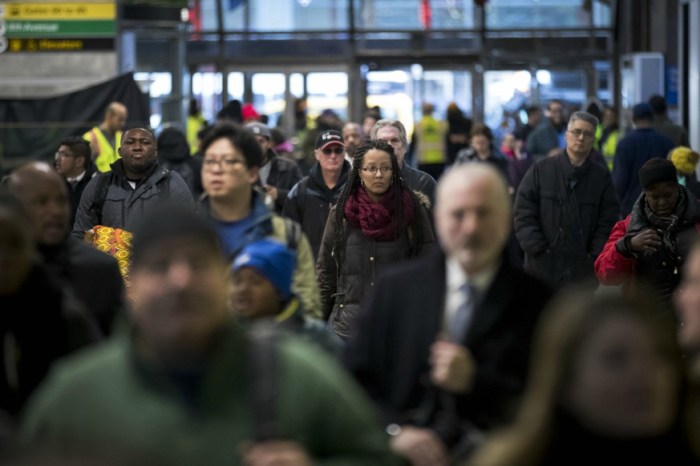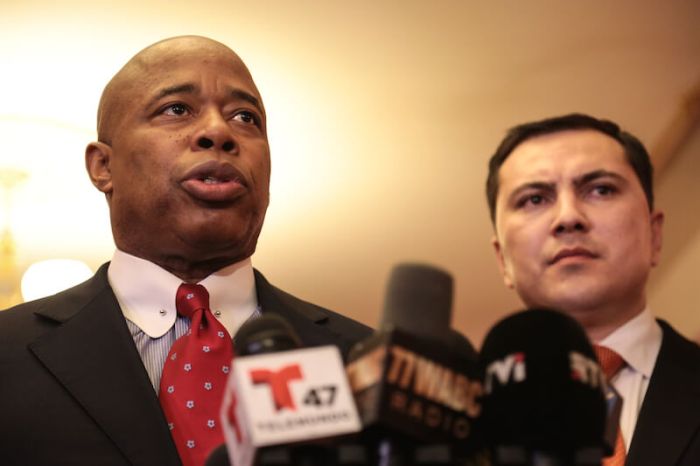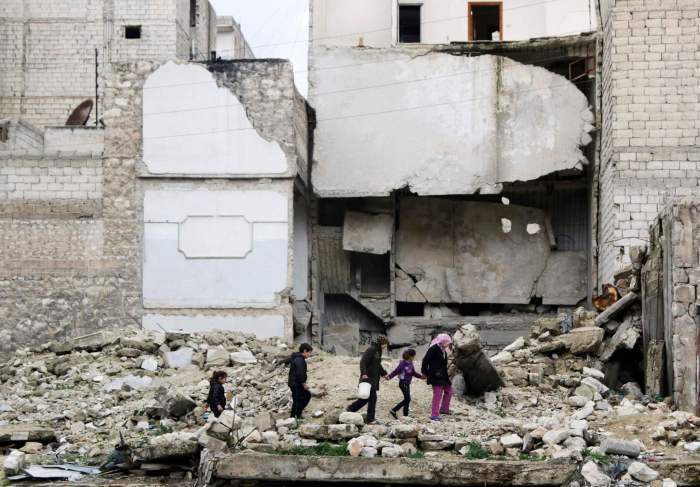Contrary to previous reports, the FBI “found no evidence of a posting on social media by either of them,” the agency’s chief told media Wednesday.
FBI Chief James Comey told reporters in New York Wednesday that Syed Rizwan Farook, 28, and Tashfeen Malik, 29, instead expressed support for martyrdom using “private direct messages,” the BBC reported. Furthermore, there is no evidence the married couple who killed 14 people in California this month were part of a terrorist cell, Comey said.
Related: Help us troll ISIS this Friday: Anonymous The announcement echoes investigators’ views that the pair were inspired by, rather than organized by Islamic State, though contradicts previous reports that the pair made public calls to Jihad on social media. US security officials have taken heat for not checking Malik’s social media before admitting her to the U.S. in 2014. It was even a topic dissected at Tuesday night’s Republican presidential candidate debate. Instead, the couple communicated using a major Internet service provider, which Comey declined to name.
The Islamist militant group has “revolutionized” terrorism by seeking to inspire such small-scale attacks, Comey said, noting the group, known as ISIS, uses social media, encrypted communications and slickly produced propaganda to recruit followers around the world. “Your parents’ al Qaeda was a very different model than the threat we face today,” Comey told a counter-terrorism conference in New York.
However, he said that while the perpetrators of the Dec. 2 shootings in San Bernardino, California — Farook and Malik — had expressed support for “jihad and martyrdom” in private communications, they never did so on social media. Comey said the Federal Bureau of Investigation currently has “hundreds” of investigations in all 50 U.S. states involving potential Islamic State-inspired plots.
His remarks came as Americans are jittery two weeks after the San Bernardino attack. Islamic State is based in Iraq and Syria, where it controls a large area of territory as it seeks to carve out a caliphate. It claimed responsibility for attacks in Paris on Nov. 13 that killed 130 people. Comey said the group has perfected the use of social media, and Twitter in particular, to contact potential followers in the United States and elsewhere.
“Twitter works as a way to sell books, as a way to promote movies, and it works as a way to crowdsource terrorism — to sell murder,” Comey said.
Islamic State also employs “end-to-end” encryption when communicating with individuals who it believes are willing to carry out killings in its name, Comey said.
That has posed a significant challenge for investigators, who often find themselves stymied even when they have court orders giving them access to devices.
But Comey said he is convinced that law enforcement and technology companies can work together to solve that problem without compromising personal privacy.
“We are not going to break the Internet,” he said. “We are not going to jeopardize people’s security.”
-Reuters contributed to this report.
No evidence California attackers posted Jihad support on social media

Reuters

















